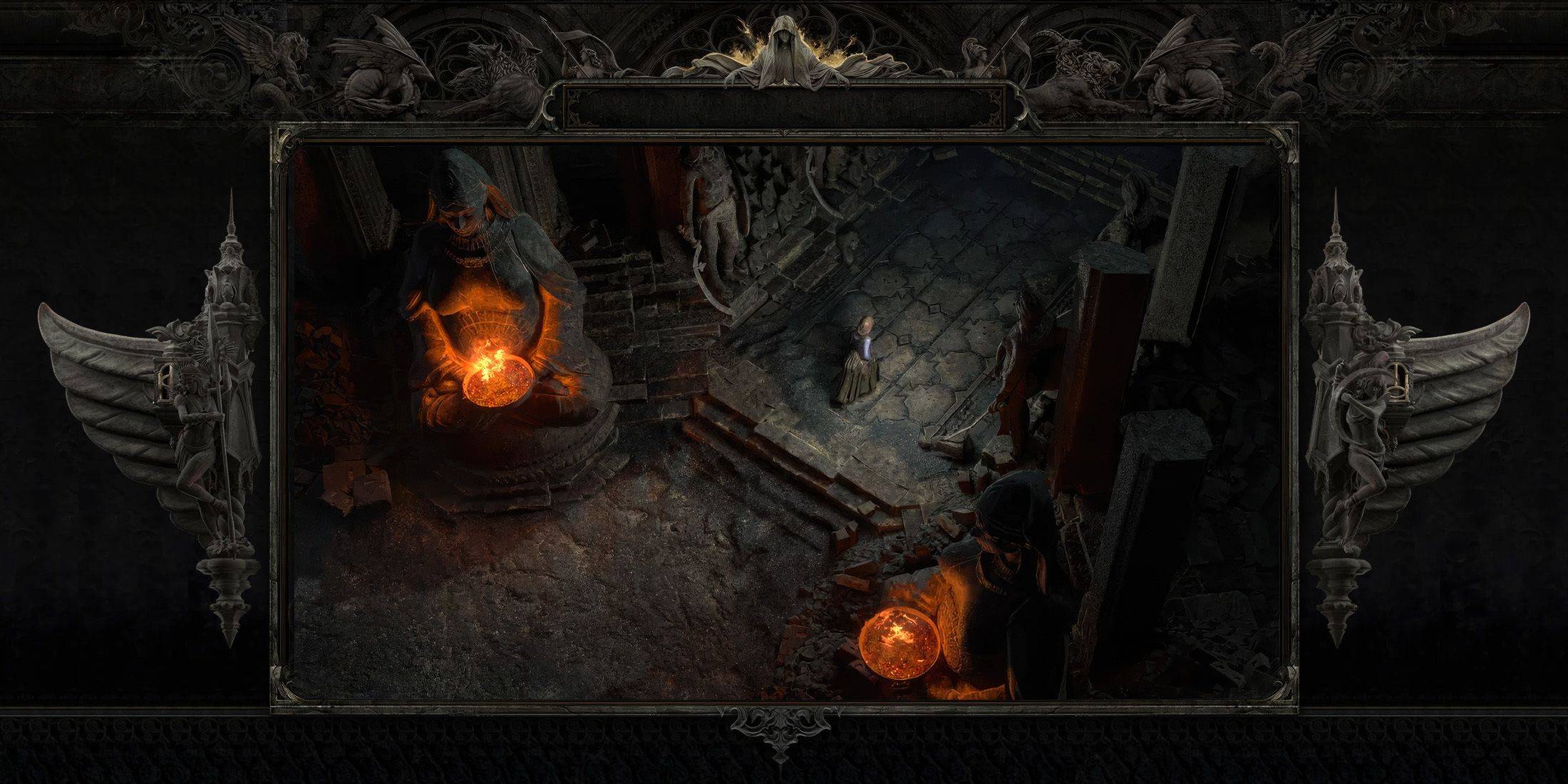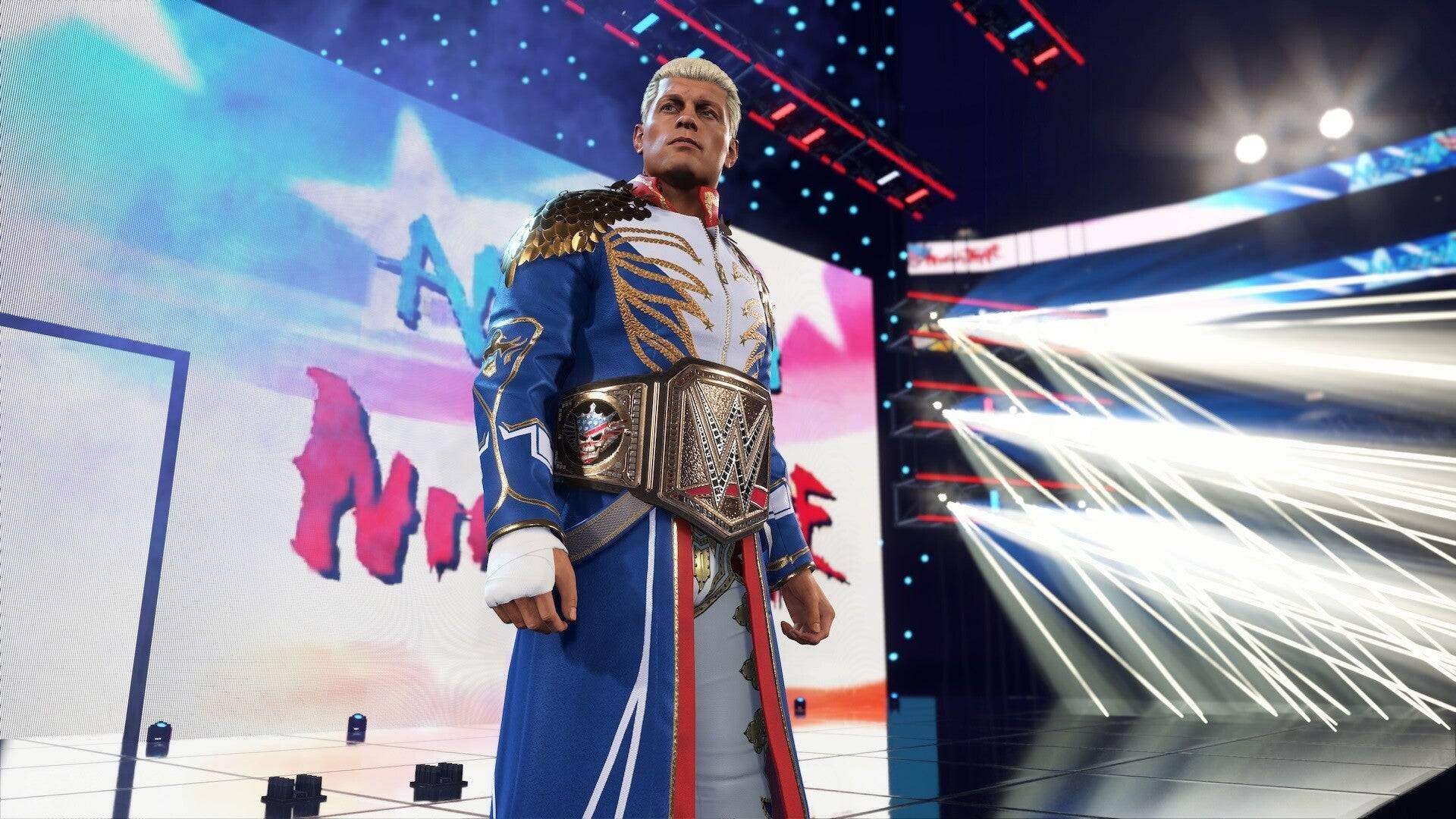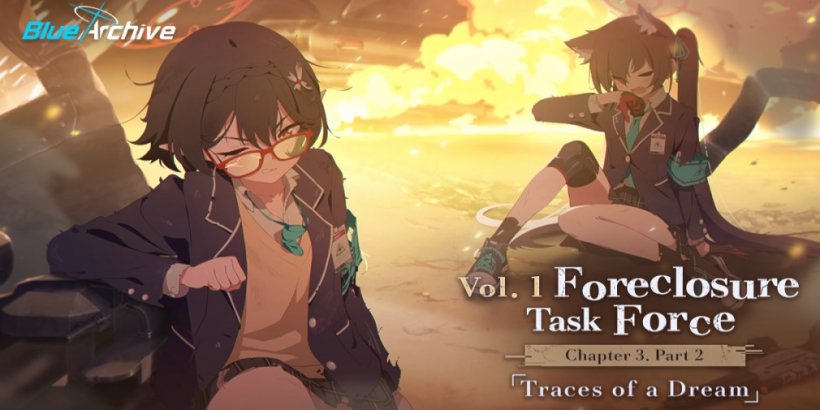BioWare, a name synonymous with groundbreaking RPGs, finds itself at a crossroads. The much-anticipated Dragon Age: The Veilguard, intended to showcase BioWare's prowess in crafting narrative-rich RPGs, has instead become a symbol of the studio's struggles. With a Metacritic user score of just 3 out of 10 and sales plummeting to half of what was projected by Electronic Arts, the future of BioWare's RPG endeavors, including Dragon Age and the next Mass Effect, hangs in the balance.
Let's dive deeper into these issues, examining the journey of Dragon Age 4, the impact of key staff departures, the unsuccessful attempt to emulate Mass Effect, and what this means for the future of Dragon Age and Mass Effect.
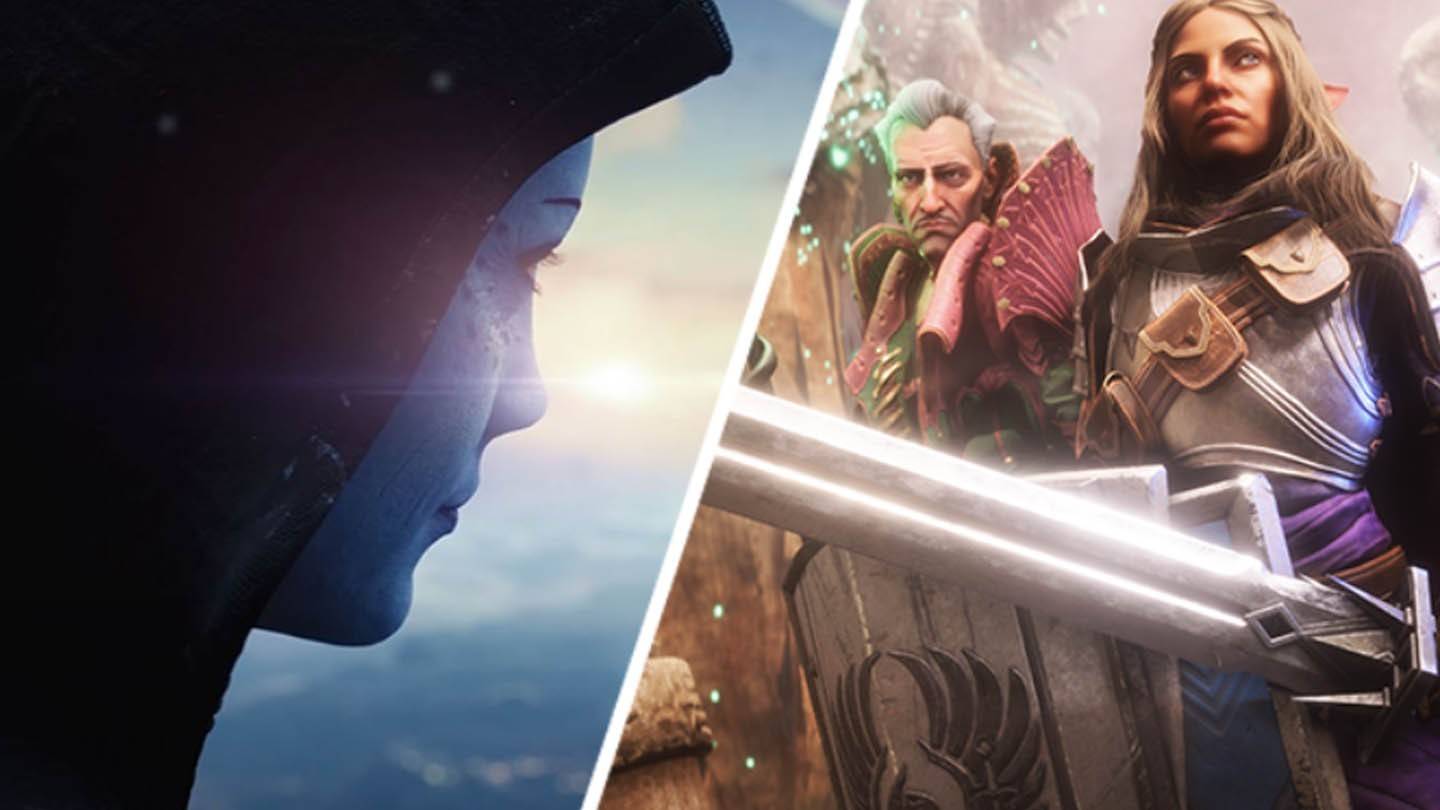 Image: x.com
Image: x.com
The Long Road to Dragon Age 4
The development of Dragon Age 4 was a saga that spanned nearly a decade, marked by numerous shifts in direction and limited progress. Initially fueled by the success of Dragon Age: Inquisition, BioWare had ambitious plans under Mark Darrah's leadership. The goal was to release Dragon Age 4 between 2019 and 2020, followed by two more sequels within a few years, aiming to elevate the franchise to the heights of The Elder Scrolls. However, these plans were derailed in 2016 when resources were redirected to Mass Effect: Andromeda, which, upon its release, was met with disappointment. The subsequent disbanding of BioWare Montreal and the shift of focus to Anthem further delayed Dragon Age 4, leaving it mostly conceptual from 2017 to 2019.
In 2017, EA's pivot to service-based games led to Dragon Age being reimagined as a live-service title with the codename Joplin. However, after Anthem's failure in 2019, BioWare reverted to a single-player focus, renaming the project Morrison. The game was officially announced as Dreadwolf in 2022, but its title was later changed to The Veilguard to reflect a shift in narrative focus. Despite positive reviews from critics, The Veilguard's sales were a mere 1.5 million copies, falling significantly short of expectations.
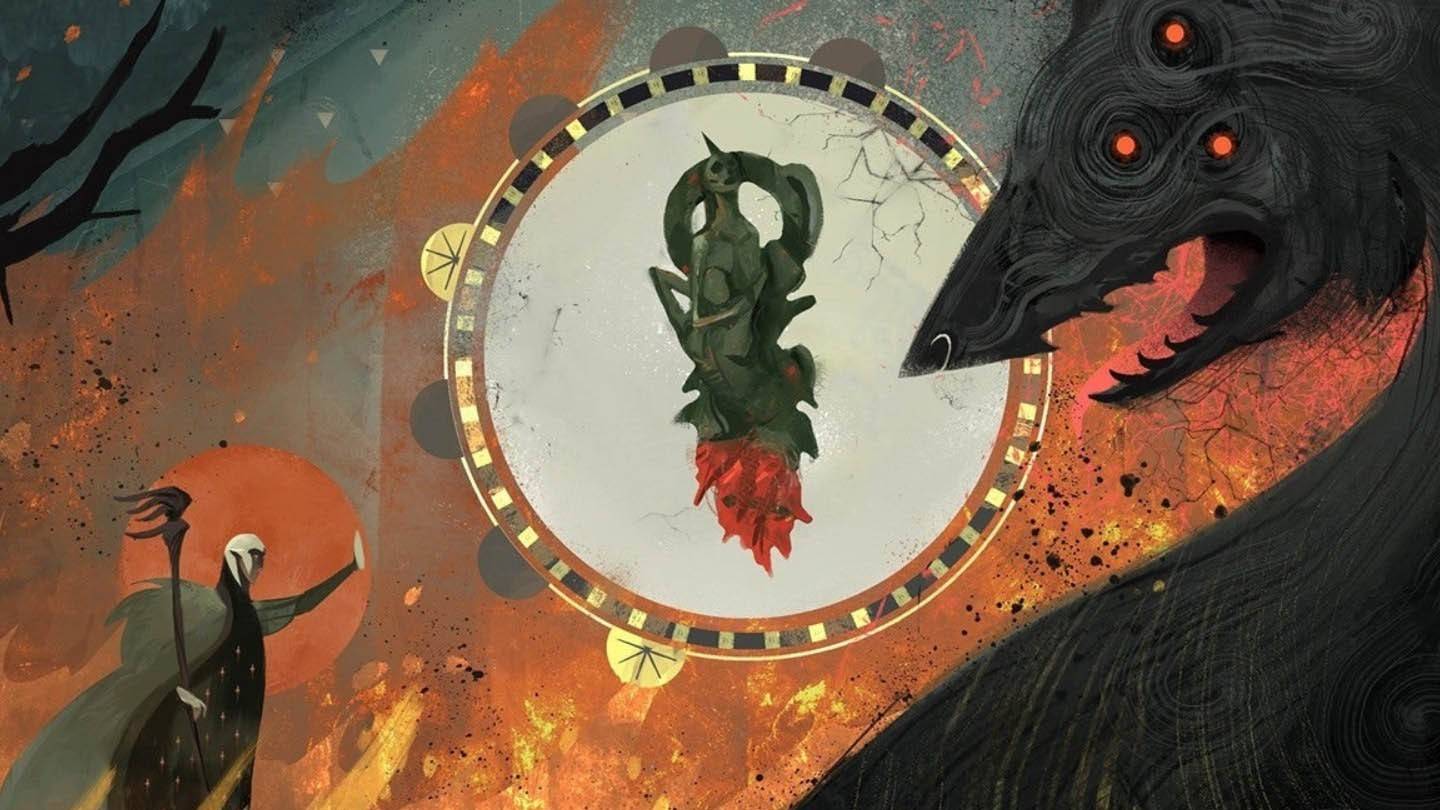 Image: x.com
Image: x.com
Key Departures at BioWare
In the wake of The Veilguard's underwhelming performance, Electronic Arts initiated a major restructuring at BioWare. This led to the reassignment of many employees and layoffs, compounded by the departure of several key figures:
- Patrick and Karin Weekes: Long-time writers at BioWare, Patrick contributed to the scripts of all Mass Effect games, Dragon Age: Origins, and Inquisition. As lead writer for The Veilguard, he crafted iconic characters and enriched the universe with his novel, Empire of Masks.
- Corinne Bouche: The game director for The Veilguard, who left in January 2025 to work on a new RPG, played a crucial role in steering BioWare towards stability.
- Cheryl Chi: Known for creating beloved characters, she moved to Motive Studio.
- Silvia Feketekuti: After 15 years, she left BioWare, known for her work on Liara, Josephine Montilyet, and Emmric Volcarin.
- John Epler: The creative director behind Bellerophon and Mass Effect, who joined Full Circle to work on Skate.
Other notable departures included producers Jennifer Shaver and Daniel Sted, narrative editor Ryan Cormier, and senior product manager Lina Anderson. These exits reduced BioWare's workforce from 200 to fewer than 100, with resources redistributed across EA projects and a smaller team continuing work on the next Mass Effect.
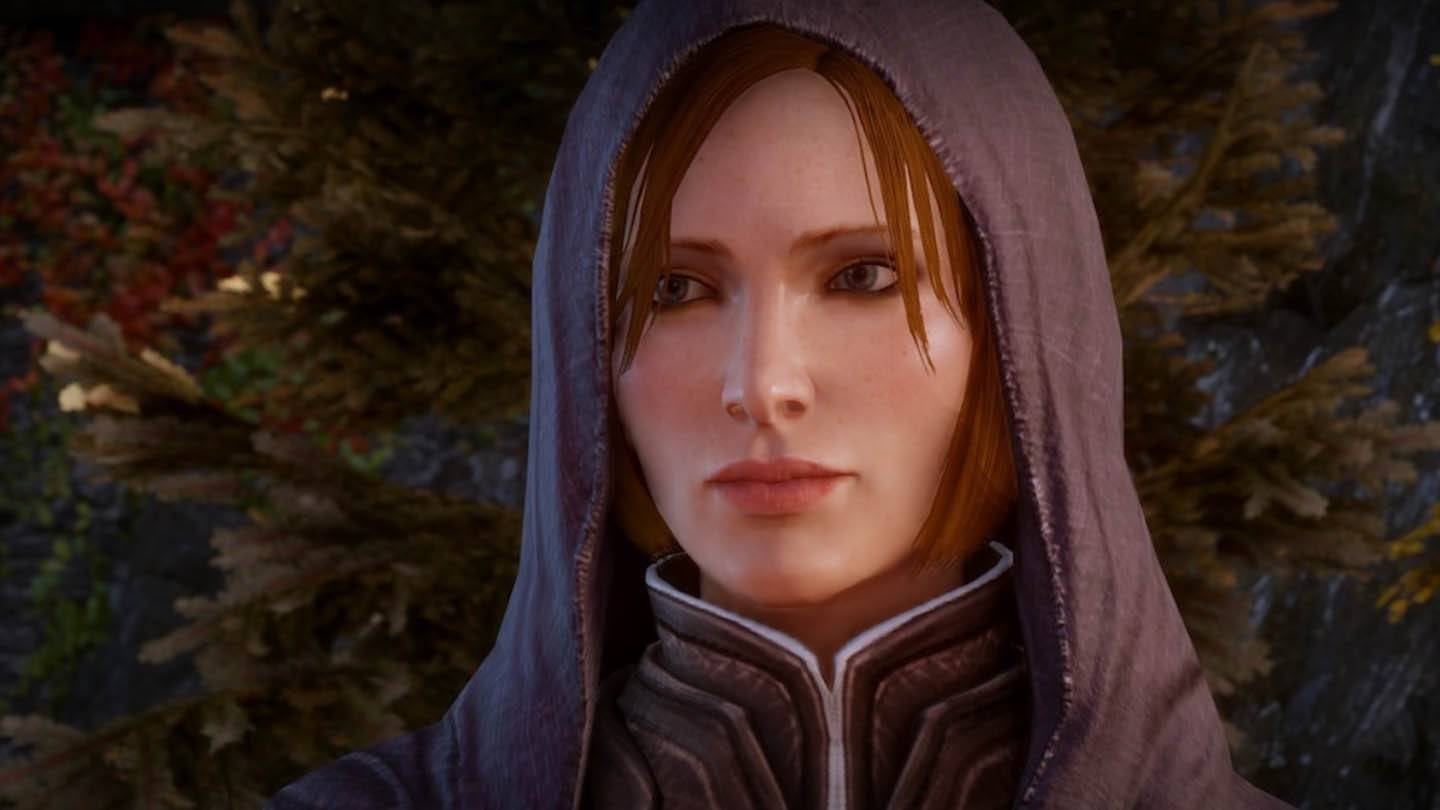 Image: x.com
Image: x.com
Dragon Age 4 Tried to Mimic Mass Effect but Failed
In interviews with Eurogamer, Corinne Bouche and John Epler revealed that The Veilguard drew inspiration from Mass Effect 2, aiming to replicate its companion relationships and approval systems. The game promised significant player choice impact, with a finale inspired by Mass Effect 2's Suicide Mission. Yet, despite these ambitions, The Veilguard fell short. The world state customization was limited to events from Inquisition, with minimal carryover from earlier titles, rendering the Dragon Age Keep save editor tool irrelevant.
The narrative avoided direct connections to previous entries, which affected characters like Morrigan and Solas. The game also lacked the series' hallmark complexity, with companions rarely conflicting with the protagonist and themes like politics and religion handled superficially. The dialogue systems, once central to RPG gameplay, offered reduced variability and consequence, leading to a linear narrative. Ultimately, The Veilguard succeeded as an action-adventure game but failed to meet the expectations of an RPG, let alone a Dragon Age title.
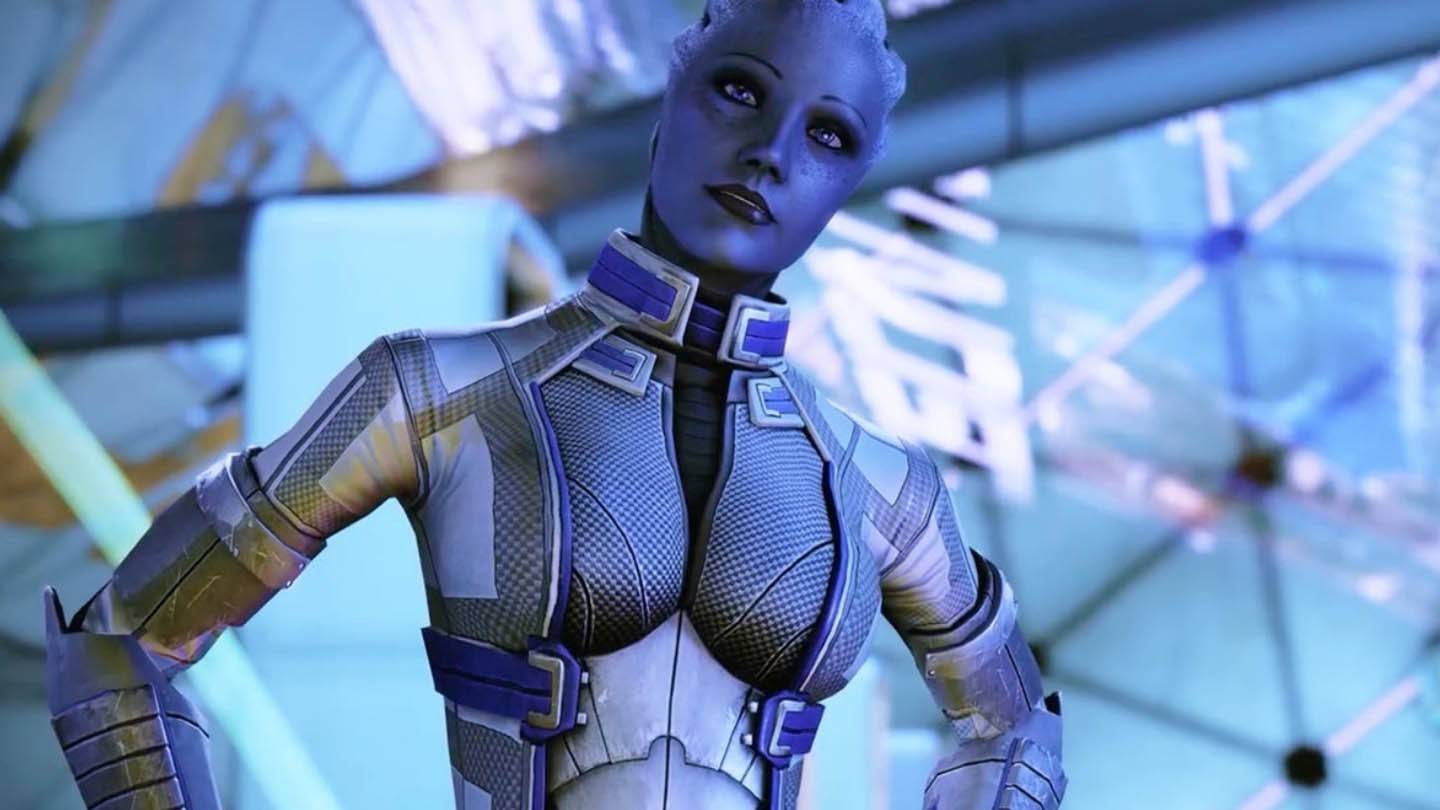 Image: x.com
Image: x.com
Is Dragon Age Dead?
EA CEO Andrew Wilson hinted that The Veilguard might have fared better as a live-service game, emphasizing the need for modern standards like multiplayer mechanics and deeper engagement. CFO Stuart Kent noted the game's underperformance compared to other single-player RPGs. EA's financial reports for Q3 2024 focused on sports titles and upcoming investments in Battlefield Labs, omitting any mention of Dragon Age or Mass Effect, indicating a shift in focus toward more profitable ventures.
Despite the bleak outlook, former BioWare staff expressed interest in expanding the Dragon Age universe, though their departures raise doubts. If the series returns, it will likely be in a transformed format, taking years to develop. Cheryl Chi, a former writer, remains optimistic, stating, "Dragon Age isn't dead. Fanfiction, fan art, and connections forged through the games keep it alive. Though rights belong to EA and BioWare, the idea belongs to everyone."
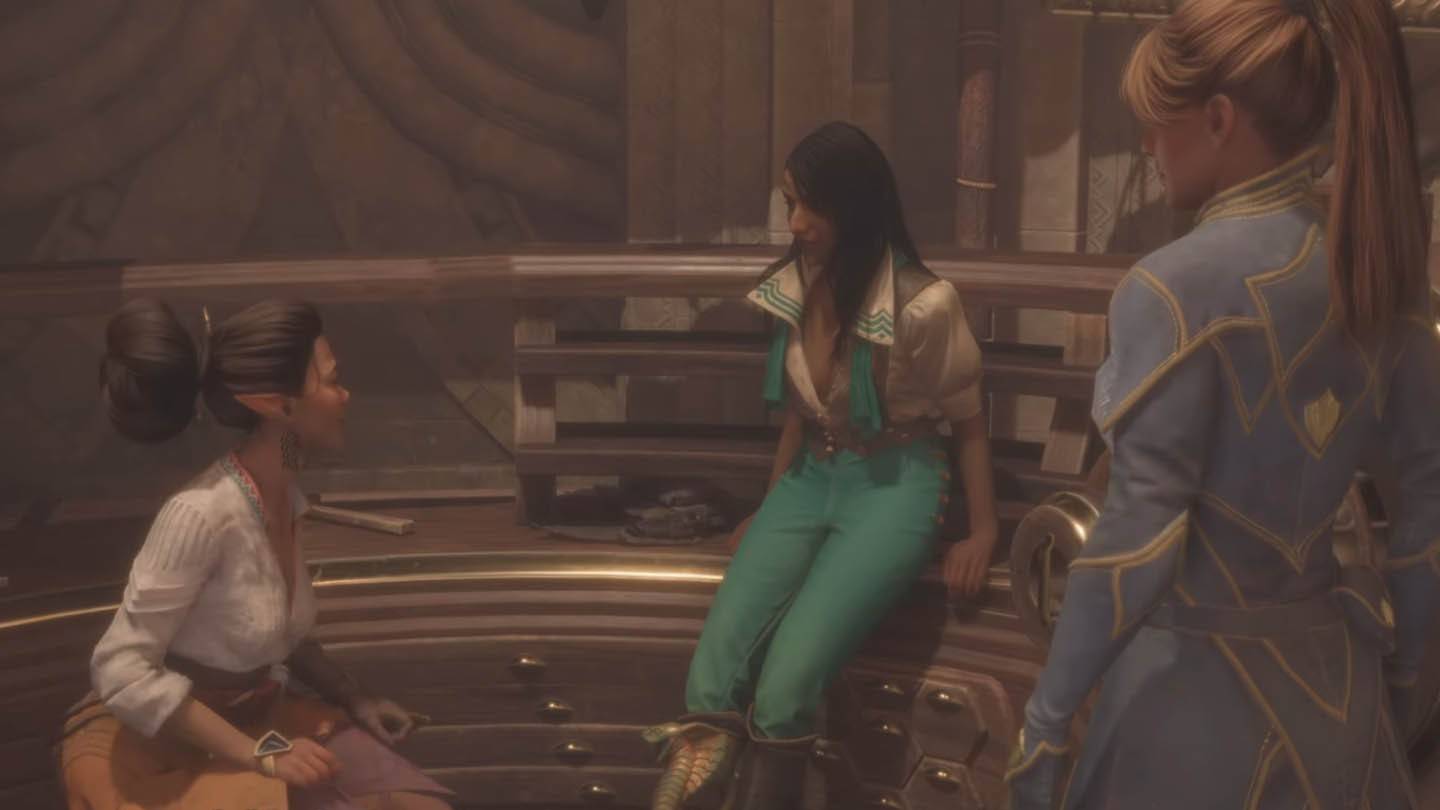 Image: x.com
Image: x.com
What About the Next Mass Effect?
Mass Effect 5, announced in 2020, is currently in pre-production and stands as BioWare's sole large-scale project. With The Veilguard's recent release and the studio's reduced team, the project is led by Michael Gamble, supported by designer Dusty Everman, art director Derek Watts, and cinematic director Parry Ley. The game aims for greater photorealism and appears to continue the original trilogy's storyline, with potential ties to Andromeda.
Given the studio's restructuring and extended production cycles, Mass Effect 5 is unlikely to release before 2027. The hope is that it will avoid the pitfalls of chaotic development, last-minute changes, and uninspired storytelling that plagued The Veilguard.
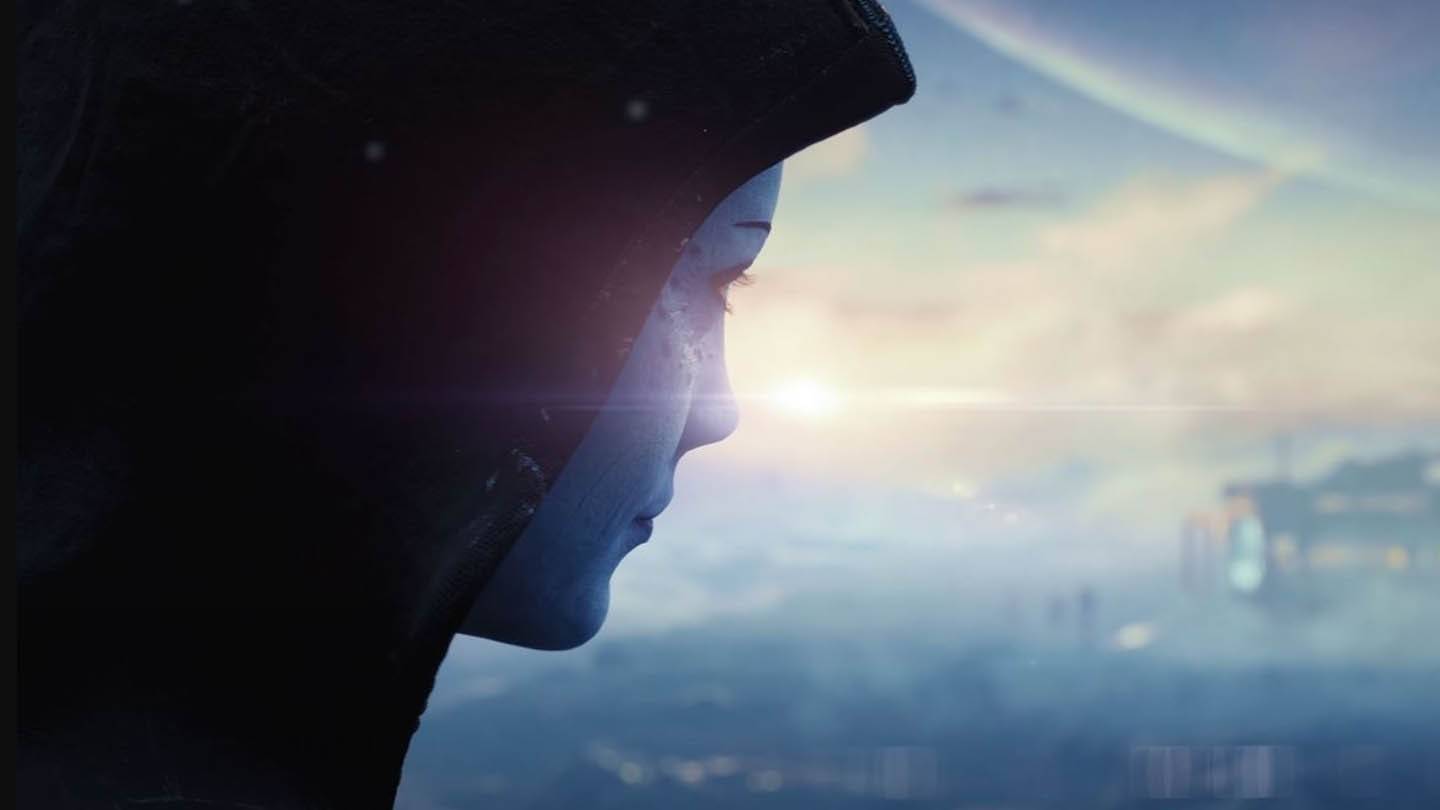 Image: x.com
Image: x.com

 Latest Downloads
Latest Downloads
 Downlaod
Downlaod




 Top News
Top News